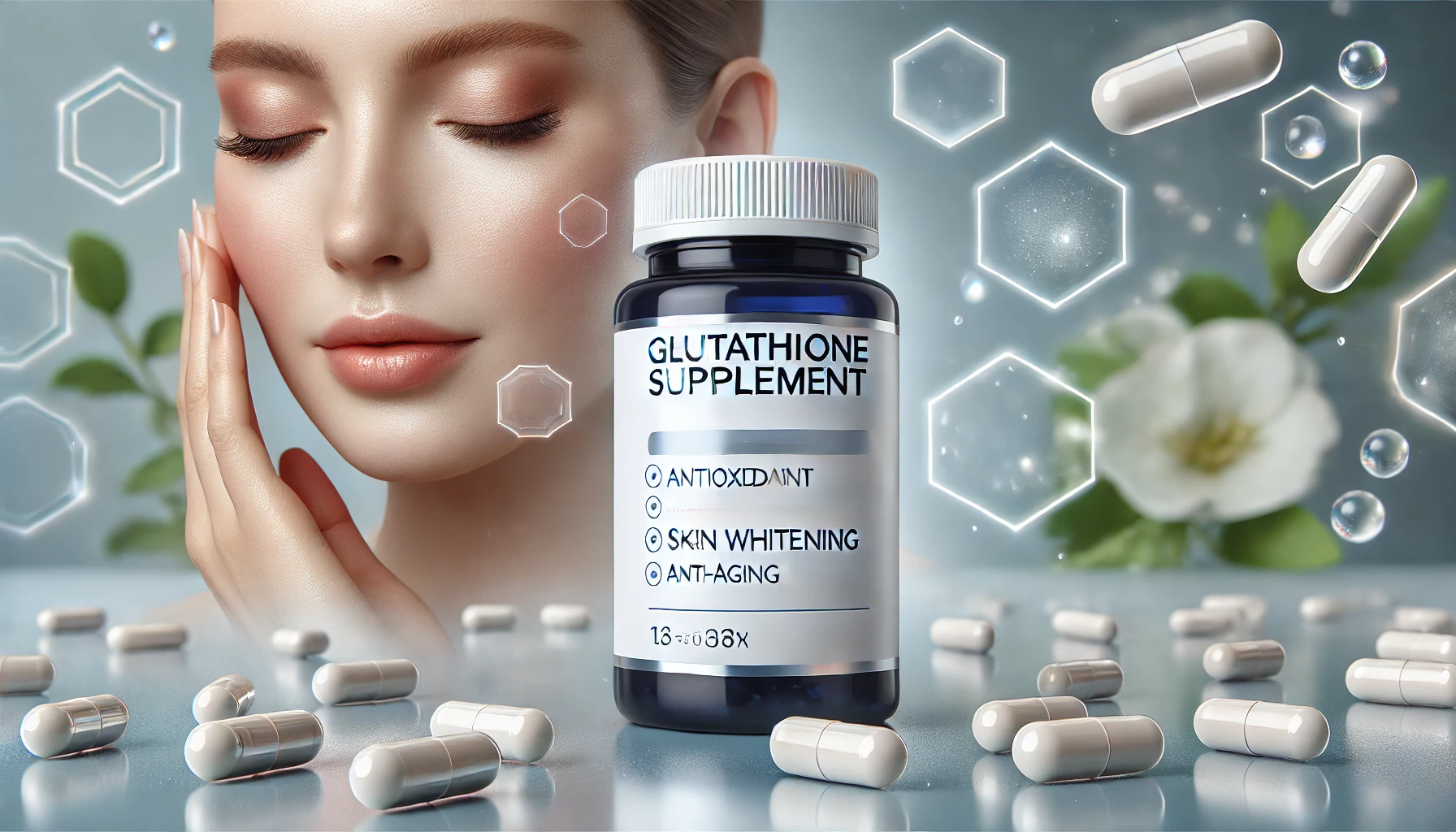Check out this answer from Consensus:
Glutathione is a crucial antioxidant with significant health benefits, particularly in managing oxidative stress and improving cellular function. While traditional oral supplements have limitations in bioavailability, alternative methods such as sublingual GSH, cysteine prodrugs, and GlyNAC supplementation offer promising results. Further research and clinical trials will continue to elucidate the full potential of glutathione in health and disease management.
Glutathione (GSH) is a critical antioxidant in the human body, playing a vital role in protecting cells from oxidative stress and maintaining overall cellular health. This article explores the importance of glutathione, its various forms, and the impact of supplementation on health and disease.
The Role of Glutathione
Glutathione is a tripeptide composed of glutamine, cysteine, and glycine. It exists in two forms: reduced (GSH) and oxidized (GSSG). GSH is the active form that neutralizes free radicals and reactive oxygen species, while GSSG is the oxidized form that results after GSH has performed its antioxidant function. The ratio of GSH to GSSG is often used as a marker of oxidative stress in the body1 4.
Bioavailability and Supplementation
One of the challenges with glutathione supplementation is its low bioavailability when taken orally. Traditional oral supplements often fail to significantly increase blood glutathione levels. However, recent studies have explored alternative methods to enhance its absorption and efficacy.
Sublingual Glutathione
A novel sublingual form of glutathione has shown superior bioavailability compared to traditional oral supplements. In a comparative crossover study, sublingual GSH significantly increased plasma GSH levels and improved the GSH/GSSG ratio, indicating better oxidative stress management1.
Cysteine Prodrugs
L-2-oxothiazolidine-4-carboxylic acid (OTZ), a cysteine prodrug, has been effective in raising blood glutathione levels in patients undergoing peritoneal dialysis. This approach leverages the rate-limiting role of cysteine in glutathione synthesis, thereby enhancing GSH levels and potentially improving antioxidant status2.
GlyNAC Supplementation
Combining glycine and N-acetylcysteine (GlyNAC) has been shown to improve glutathione deficiency, oxidative stress, and mitochondrial dysfunction in older adults. This combination not only boosts GSH levels but also addresses multiple aging-related abnormalities, promoting overall health7.
Health Benefits of Glutathione
Anti-Aging and Skin Health
Glutathione has been found to have anti-aging and skin-lightening effects. Supplementation with both reduced and oxidized forms of GSH can improve skin properties, reduce wrinkles, and increase skin elasticity without significant adverse effects3.
Cancer Treatment
In patients with ovarian cancer undergoing cisplatin treatment, glutathione supplementation has been shown to reduce toxicity and improve quality of life. Patients receiving GSH were able to tolerate more cycles of chemotherapy with fewer side effects, such as nephrotoxicity and neurotoxicity5.
Post-Traumatic Recovery
Glutamine supplementation has been demonstrated to counteract glutathione depletion in skeletal muscle following surgery. This suggests that glutamine can help maintain GSH levels and support recovery in trauma patients9.
